|
Premee Mohamed, These Lifeless Things, Solaris, 2021. Audio version available. Mohamed's debut novel, Beneath the Rising, wasn't my cup of tea but I was happy to give her stories another try. These Lifeless Things, a horror novella, turned out to be exactly what I was looking for. Eva lives after the apocalypse. They arrived, They killed so many people, and now They are living in our world. Eva tries to survive with a band of companions, scavenging food, avoiding the nasty horrors They have in store like the statues or the trees, or the agents, humans who are collaborating with Them. Emerson lives three generations later. She's part of a scientific expedition with PhD candidates from different fields of research and they arrive in the city where Eva used to live. Emerson finds Eva's diary and tries to understand, thanks to it, what happened as no one exactly remembers. These Lifeless Things is an incredibly topical novella to read in 2021. Following an apocalypse, people are trying to survive and to make sense of a changed world. It is visible in Emerson's research, as she examines Eva's diary, tries to find the landmarks mentioned, tries to ascertain whether Eva is telling the truth or not. A primary source doesn't make necessarily a truth, particularly when you have survived an apocalypse and you're likely to suffer from PTSD. It is also visible in Eva's diary as she and her companions are navigating a world still full of danger, of pain, of death and of hunger. They try to let go of the past, which is dead and buried, they yearn to strike back but their enemy is powerful and elusive, they wonder who they are now and what is their place in this world that escaped them as They changed it. What makes the incredible strength of These Lifeless Things to me may be what will be a deal breaker for many readers: the ending (no spoiler beyond this point though). This isn't a story neatly told in a traditional Western way with an ending that provides the answers you wanted. Because history doesn't provide you with fixed, immutable truths about the past. Because the world post-apocalypse is a mess and everyone is searching meaning. Mohamed made an incredibly bold choice with that ending, and to me, this is where These Lifeless Things rises way above a lot of horror novellas: she's telling the story of now. (Granted, it has a lot of creepy creatures we don't have to deal with, but you get my drift.) And now doesn't have an answer (yet?). In terms of horror, it felt to me more gory than creepy, and I would say that it was at a very acceptable level despite a few very striking images. Finally, the characters are quite interesting. Eva is flawed but unflinching when examining herself. Emerson is a silent simmering cauldron of anger who slowly falls (or not?) into paranoia and fear. These Lifeless Things is a very topical novella, told in a way that reflects our anger, our fear and our confusion. It's also a thoughtful take on history and research, nicely wrapped in all the tropes of cosmic horror. It may not be for every reader, but I really enjoyed it. If you've liked These Lifeless Things, you may also like
Comments are closed.
|
All reviews are spoiler free unless explicitly stated otherwise.
I only review stories I have liked even if my opinion may be nuanced. It doesn't apply for the "Novels published before 1978" series of blog posts. Comments are closed, having neither time nor the inclination to moderate them. |
WHAT IS THE MIDDLE SHELF?
The middle shelf is a science-fiction and fantasy books reviewS blog, bringing you diverse and great stories .
PLEASE SUPPORT AUTHORS.
IF YOU LIKE IT, BUY IT. |
ON THE MIDDLE SHELF
|
KEEP IN TOUCH WITH THE MIDDLE SHELF
|
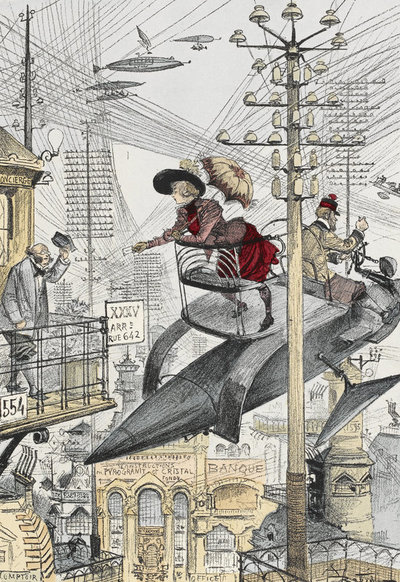

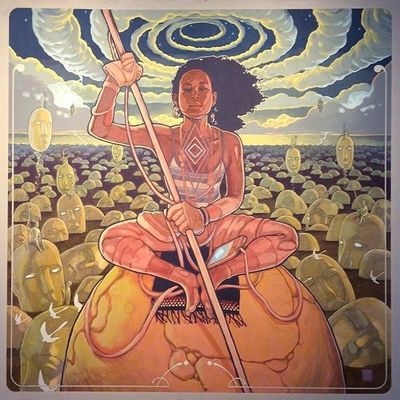
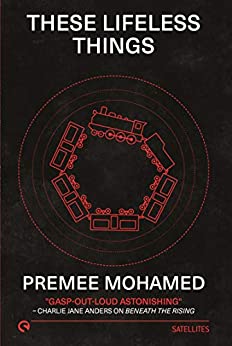
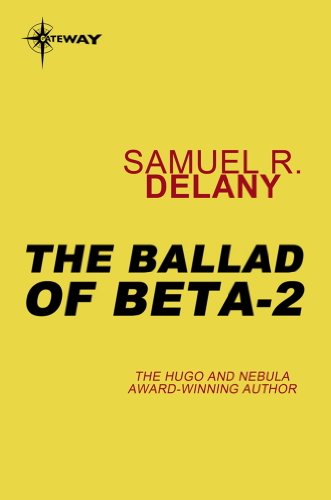
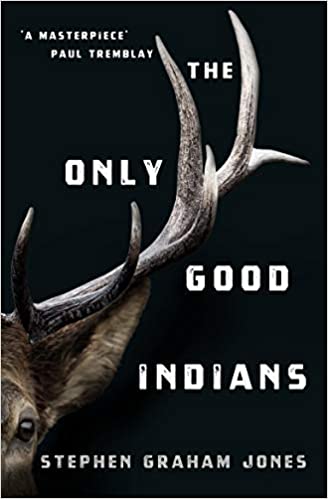
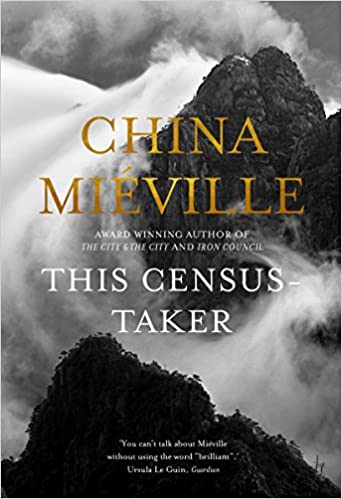
 RSS Feed
RSS Feed
